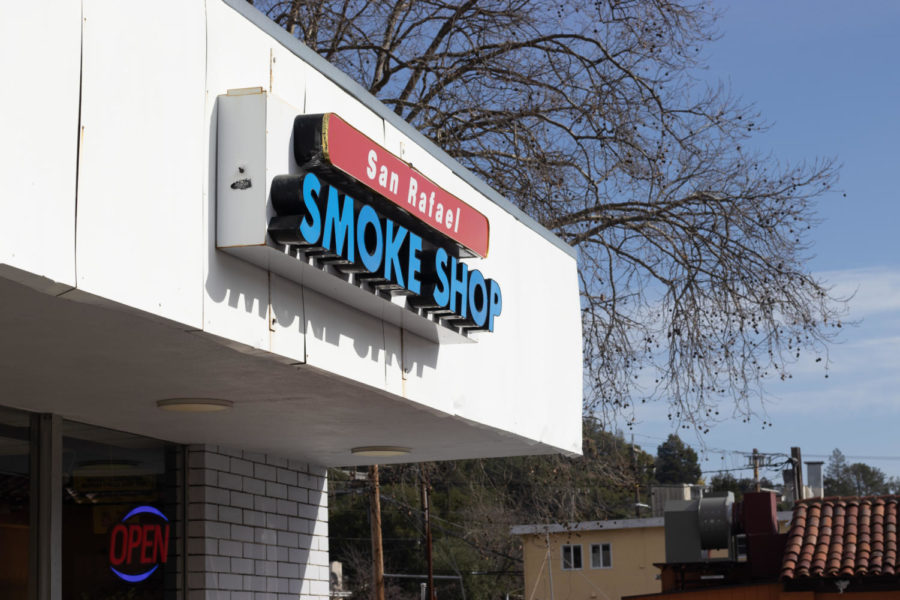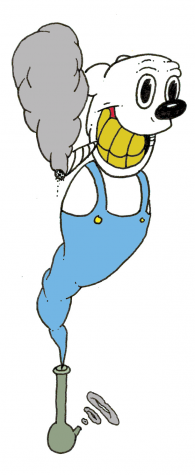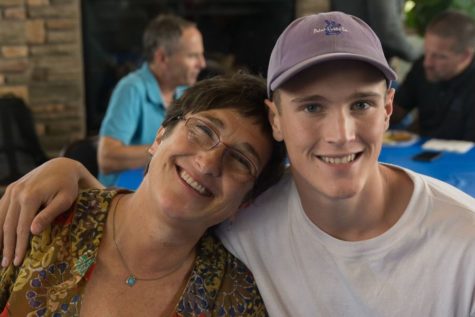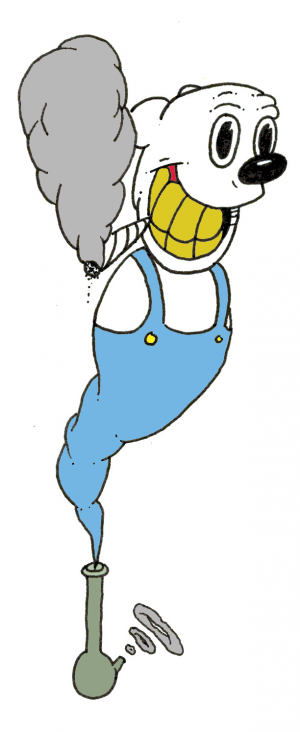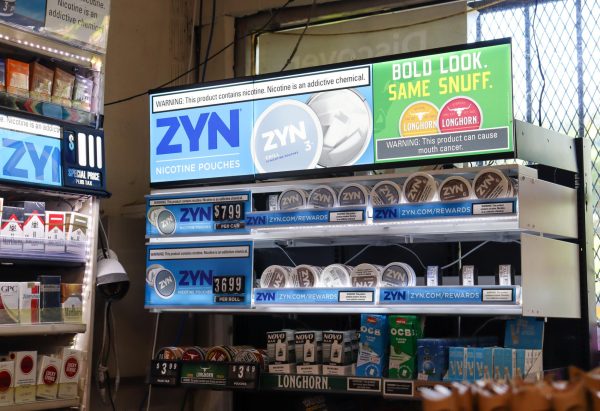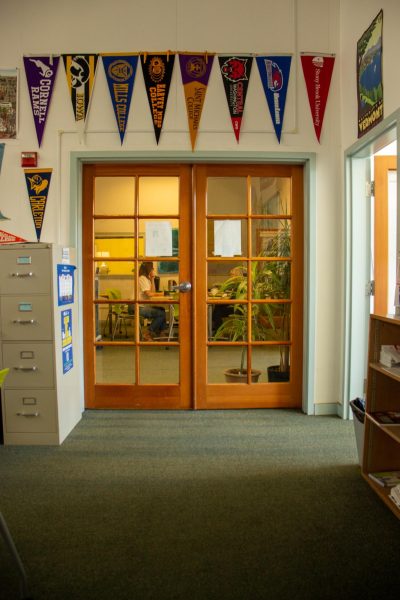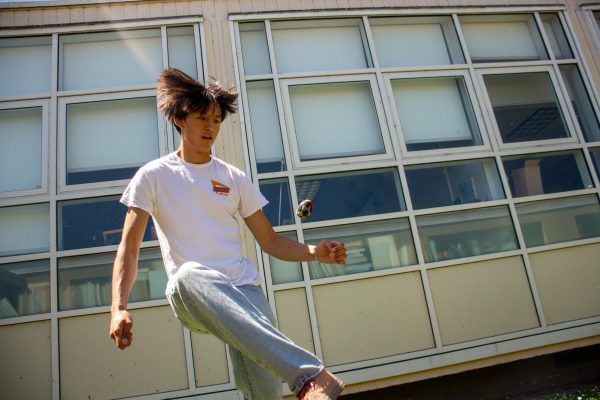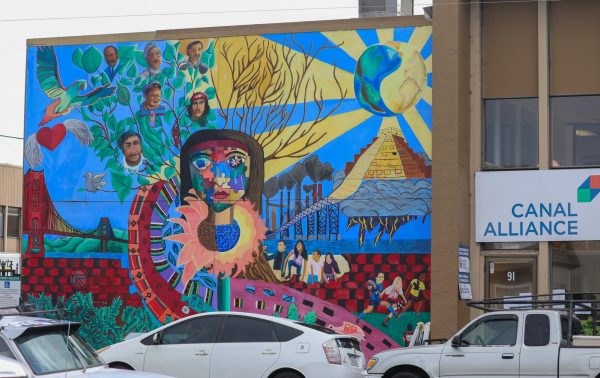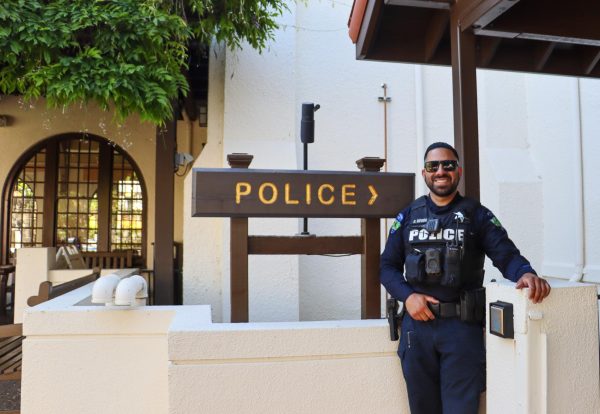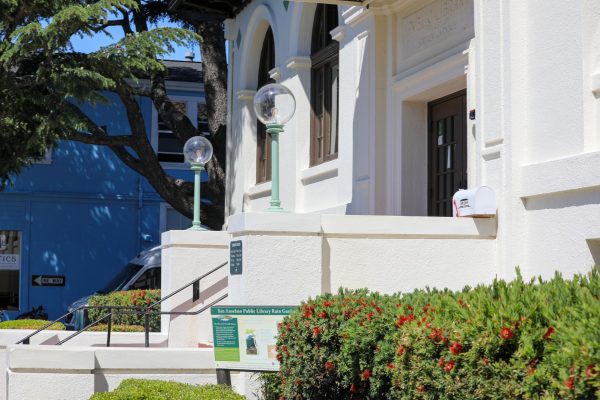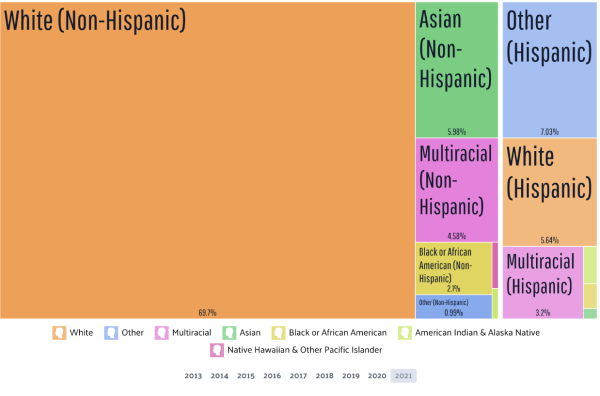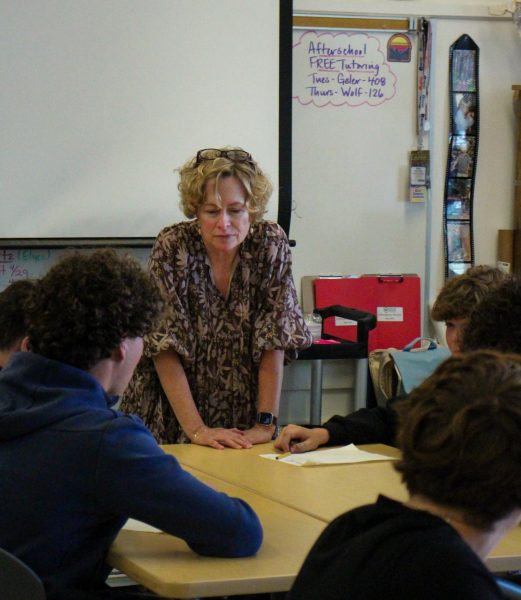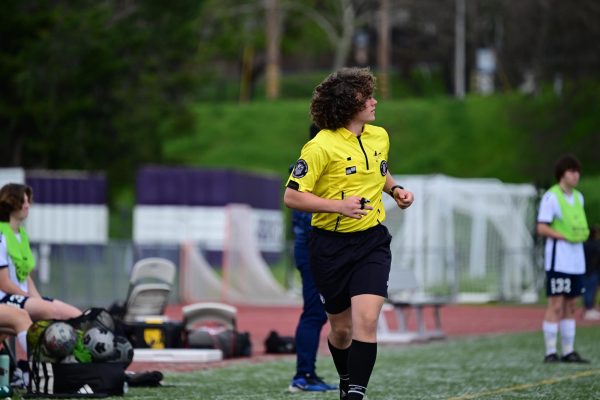Proposition 31 may not be the answer to underage tobacco addiction
Due to Proposition 31, San Rafael Smoke Shop can no longer sell flavored tobacco products.
As a result of the November 2022 ballot propositions, California voters upheld Proposition 31, a referendum on a 2020 state law that would prohibit the retail sale of flavored tobacco products. The law — on hold since 2020 pending the outcome of the 2022 ballot propositions — went into effect December 21, 2022. The prohibited retail sale of flavored tobacco has opened a black market for such products, where the illegal sale of flavored tobacco is neither regulated nor taxed.
Proposition 31 is an effort to diminish health disparities and the underage consumption of flavored tobacco products — as they are most popular among youth. California residents can still legally own flavored tobacco products but not sell as a registered (or unregistered) retailer. However, these now illegal transactions can no longer be taxed by the California government, a market that garnered billions of dollars in tax revenue in recent years.
Since the ban has gone into effect, Proposition 31 has caused a negative financial impact on smoke shops, whose sales have plummeted.
“It’s affected us big time…[our] sales and profits dropped about 30 percent [since Proposition 31 went into effect],” said owner of Novato Specialty Tobacco Outlet, Hank.
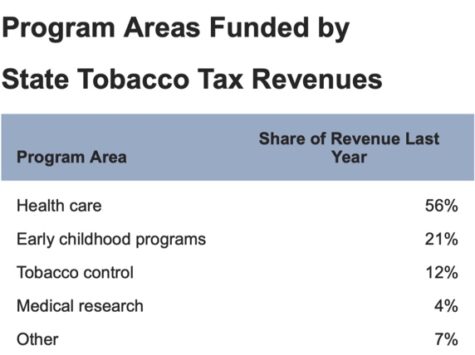
This decrease in sales is not unique to Hank’s business. An anonymous employee at San Rafael Smoke Shop estimated a 60 percent decrease in total sales after the proposition went into effect. This decrease in sales is due to Proposition 31’s prohibition of menthol and other enhanced flavors, which are generally most popular with customers.
Hank, who is one of the many smoke shop owners affected by this ban, does not see Proposition 31 as a solution to underage consumption of tobacco. He believes that teenagers will continue to find avenues to access flavored tobacco products, possibly through illegal black market transactions.
“[Teenagers] will find a way to get [flavored tobacco products], it doesn’t matter how they ban [flavored tobacco products], a ban will not be a solution to this,” Hank said
However, Proposition 31 has effectively deterred some Archie Williams students from consuming flavored tobacco products.
“Proposition 31 did have an effect on my decision to quit vaping,” said an Archie Williams sophomore student, using the pseudonym Jane Doe.
Jane attributed her decision to the indirect effects of Proposition 31, specifically to the now evident dangers of illegal unregulated E-Cigarettes, and her dislike of tobacco’s “harsh” flavor.
“I didn’t use tobacco, I didn’t like cigarettes. I was more addicted to fruity chemicals, fruity flavors,” Jane said. “I would say [tobacco flavor] is less popular [with kids my age] because it’s harsher and not an appealing flavor.”
However, addictions will not waver simply because the product is banned, and many students have resorted to other methods of purchase. A senior using the pseudonym Sam Johnson said that his usage of tobacco products has not been altered by the proposition, but acknowledged an increase in the price of E-Cigarettes.
“Usually [E-Cigarettes] cost like 25 to 30 bucks and now I see them for like 40 to 50 bucks,” Sam said.
Despite Proposition 31’s prohibition of flavored tobacco products, now illegal and unregulated E-Cigarettes may cause a problem worse than teen addiction.
Your donation will support the student journalists of Archie Williams High School. Your contribution will allow us to purchase equipment and cover our annual website hosting costs. Each donation will receive a magazine subscription for a year (6 copies a year), and become a part of the important work our publication is doing.
$35 -- Subscription to the magazine
$50 -- Silver Sponsorship
$75 -- Gold Sponsorship
$100 -- Platinum Sponsorship

Charlie is a sophomore, in his second year of journalism. He joined the class because Ben Luka is in it. You can often find him playing the drums or spending...
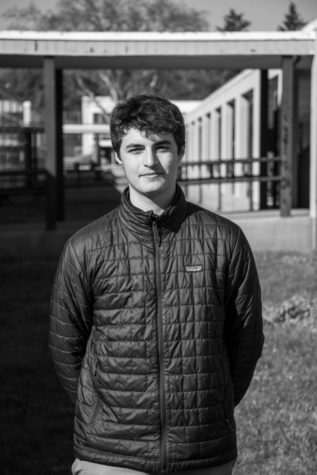
Wolf is a senior in his first year of journalism, and joined the class because he wants to become a better writer before heading off to college. Wolf plays...


